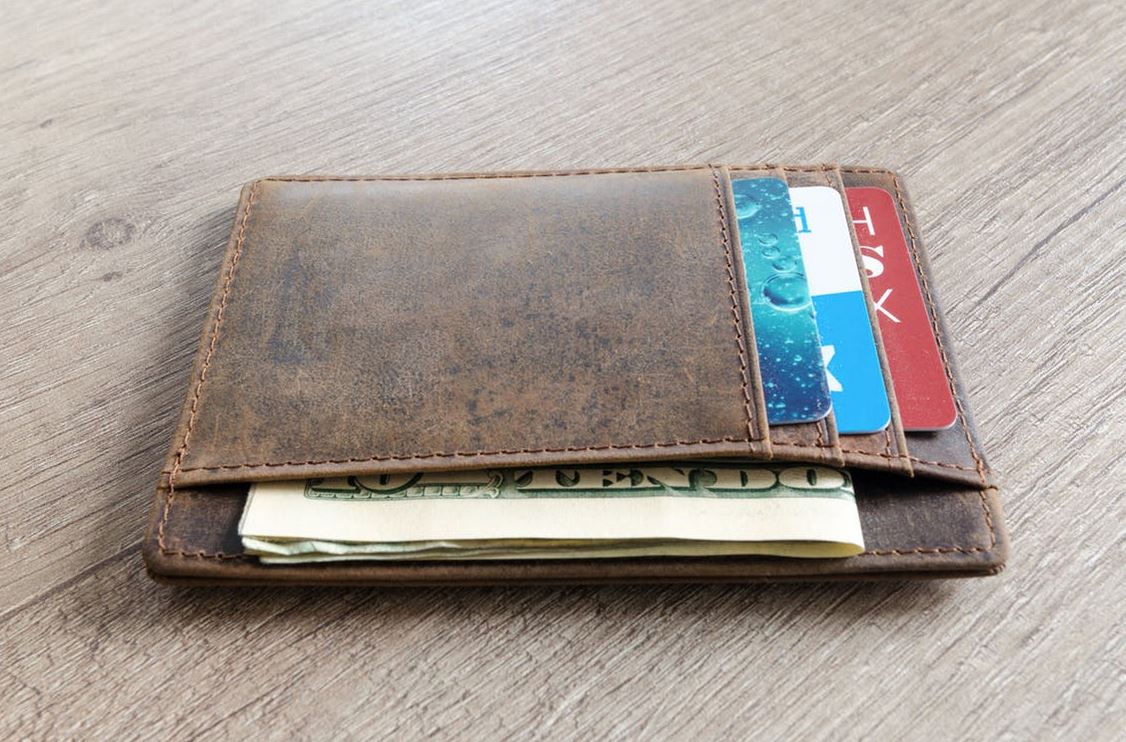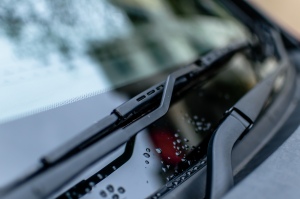No one likes to be hit with unexpected expenses at the last minute. It can be impossible to find money to cover them if you do not have an emergency savings plan in place. These easy planning tips will help you avoid unnecessary stress while also padding your pocketbook for those expenses that can take a toll on your checking or savings account throughout the year.
Check Your Expenses from Last Year
Start by looking at your checkbook register from last year to see what unexpected expenses struck. This will help you consider whether these expenses could show up again or whether a similar service or item will need to be purchased this year. Taking this step will eliminate overlooked expenses from your unexpected expenses list.
Consider Seasonal Expenses
Seasonal expenses can come up unexpectedly and do your budget in if you do not have something set aside for them. Common seasonal expenses include summer vacation, back-to-school supplies and Christmas gifts. They could include any expense that does not occur monthly and thus does not make it onto your budget.
Consider Probable Repairs
Many repairs around your house most likely occur unexpectedly. However, by putting some thought into them, you might be able to plan somewhat for them. For example, you know that you will eventually need money for junk cars, money for repairs, new appliances, or a new roof. By setting aside money early for these repairs, you will not be stressed when they are needed.
Set Aside Some Money Every Month
The best way to pad your pocketbook for all of these emergencies or unexpected financial needs is to set money aside every month in a savings account. Even if you have to start small with only 25 or 50 dollars per month, you can eventually build an emergency account with 500 to 1,000 dollars in it. This account should only be touched for true emergency expenses.
Consider Automatic Transfers to Savings
If you have trouble setting aside this money and find that it is easier to spend it on a trip to a restaurant or a new sweater, you may want to consider an automatic transfer with your bank. Set up an amount to transfer automatically from your checking to your savings account once or twice per month. Pick a date that occurs immediately after your paycheck is deposited.
While considering how you can save up some money to cover those unexpected expenses, be sure to plan for those expenses that come up infrequently but regularly and that seem to be missed on your budget most years. This will ensure that you do not end up with more month than money. Plus, using these tips can definitely decrease your financial stress.








